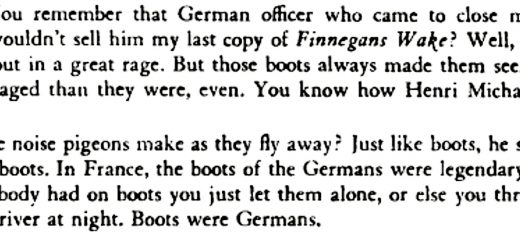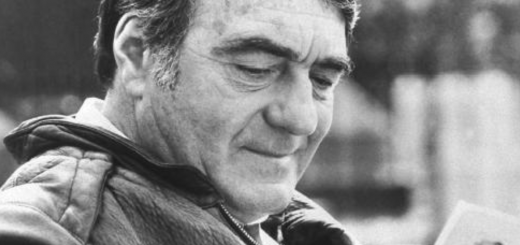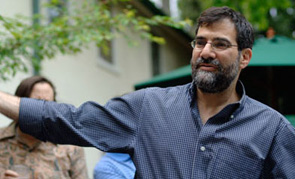Review of “1960”
Review of 1960 by Rob Baxter:

Narration finally aware of its limits. Commensurately discontinuous: the linear mode of Shirer and others is simply inadequate to recount barbarism and evil on such a grand scale Doubtful: a form of narration aware of its own possible inadequacies as it lurches toward understanding. a narration that probes, that does not seek final interpretations.
Why 1960? Why fifteen years belated from the dramatic military victories that ended the war in Europe and the Pacific? There were many reasons for the delayed responses not the least of which were: the multiple ways that survivors coped with the Holocaust and the deep psychological scars of victims and witnesses; the very nature of witnessing and remembering; the rise of a savage right-wing in the United States that sought everywhere for communists during and after the Korean War; and the capture and trial of Adolf Eichmann which opened the gate to examining horror at its most basic level.
Throughout the book Filreis leads us to the new language (Chapter 7 is titled “Disaster Defies Utterance: Arts of the Unsayable”) through the work of Paul Celan, George Steiner, Hannah Arendt, Ingeborg Bachmann, Charles Reznikoff, George Oppen, Albert Camus, Rod Serling, Louis Zukofsky, Amiri Baraka, Chinua Achebe, and W.H. Auden. Certitude is gone. Passages into understanding are opened.
This is a book that had to be written. The old narrative line cannot cope with the modern world and language being made over. Al Filreis’s 1960 is a guidepost that will start serious conversations and inspire the scholarship needed to examine what we have lost and how we have changed.




 Al Filreis is Kelly Professor, Faculty Director of the Kelly Writers House, Director of the Center
for Programs in Contemporary Writing, Co-Director of PennSound, and Publisher of Jacket2—all at the University of Pennsylvania. Among his books are Secretaries of the Moon,
Wallace Stevens & the Actual World, Modernism from Left to Right, and Counter-Revolution of the Word: The Conservative Attack on Modern Poetry, 1945-60. His new book is
Al Filreis is Kelly Professor, Faculty Director of the Kelly Writers House, Director of the Center
for Programs in Contemporary Writing, Co-Director of PennSound, and Publisher of Jacket2—all at the University of Pennsylvania. Among his books are Secretaries of the Moon,
Wallace Stevens & the Actual World, Modernism from Left to Right, and Counter-Revolution of the Word: The Conservative Attack on Modern Poetry, 1945-60. His new book is  Founder/Faculty Director,
Founder/Faculty Director, 